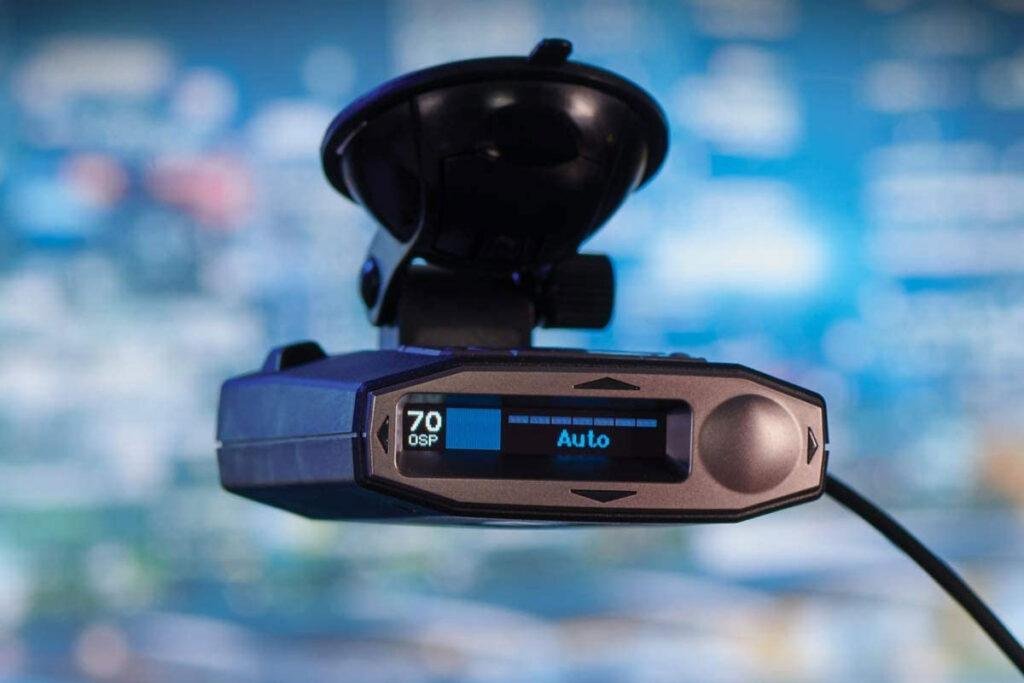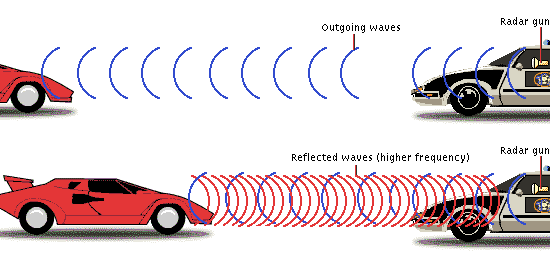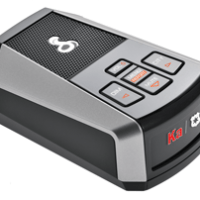While advanced radar detectors do not require recalibration, radar guns need to be calibrated for optimal performance. Motorists have often reported being wrongfully ticketed. They report driving under the speed limit only for an officer to pull them over and issue a speeding ticket. This happens without their radar detectors sending any alarm to the driver thus reproducing the question of How often do radar detectors need to be calibrated? Radar guns, not radar detectors. Your device is not the problem, the radar gun is.
Radar guns, unlike radar detectors, need to be calibrated once every 30 days or immediately after issuing a ticket. However, these laws vary by state. For example, California only requires that a radar gun be calibrated at least every three years before use. Radar gun calibration is necessary for getting the accurate speed of motorists. Have you been wrongfully ticketed, then find out how to fight it.
Radar guns can be wrong for many reasons. For example, there’s a 30% error rate when a radar gun is used from a moving cop car. This and many more have contributed to about 20% of ticketing errors. But how do you proceed when you discover that you have wrongfully ticketed?
Table of Contents
Radar Guns and calibration
Speeding tickets can be as high as $600 or as low as $90. The ticket charge largely varies based on state. For example, if you beat the speed limit by over 16mph but not more than 25 mph, you’ll be required to pay $70. Depending on your finances and how tight your budget may be, paying such an amount may have an impact on your life.
Speeding tickets can also affect our insurance premiums. With higher traffic violations come higher insurance premiums, making it harder and more expensive to maintain your car insurance. All of these are major discomforts to you and your family. But what if you’re being charged wrongfully?
The Radar Gun
According to various manufacturer guides, radar guns need to be calibrated as often as possible. However, newer and advanced radar guns can be used for longer periods. Thus, states only calibrate once a year, 2 months, or even 3 years. Radar calibration is done by tuning the device with a running fork.
How To fight The Accuracy Of Police Radar Guns
If you’re sure that you’ve been wrongfully ticketed, you may want to fight that accusation. These are steps and processes for you to follow when fighting a wring radar reading.
● Gather Your Thoughts About That Day
The first step in fighting a wrongful speed ticket is to retrieve all facts and information about your day and your driving experience before the speed ticket. Accurately prepare information about the traffic, weather, and position of the police officer handling the radar gun.
Clouded weather could affect the officer’s sight and may have beamed the radar on a different vehicle or seen the wrong reading.
You also want to be sure that the police used a radar gun and not just his subjective judgment. Since not all cops drive around with a radar gun, you’re likely to encounter this type of policing frequently. Subjective judgment is easier to fight if you gather your facts and data right. Now, it’s simply universally accepted facts versus the words and perhaps poor judgment of a police officer.
Driving above the speed limit? You may consider fighting a speed ticket if the other drivers were going at the same speed. While this may be more difficult to fight, having eyewitnesses who can testify to the flow of traffic can help your case. To this end, it becomes imperative to be conscious of other elements and cars while driving.
You may want to consider hiring a lawyer, but since it’s usually an expensive option, follow the process along until you find a need for a lawyer.
● Request Information From The Police
Ask to see the radar reading if you’re sure of driving under the speed limit. The police officer should show you, however, if he/she doesn’t, you should then proceed to write a letter of request to the police department. Ask to see the device’s history and last calibration.
The device manual is also a great document to lay your hands on. Being the guide for the device, you can use the information on it to your advantage. Most manufacturers demand that radars be calibrated before use and some within a particular time frame.
Ask the officer if the radar was calibrated according to the manufacturer’s manual. If not, then you have a higher chance of winning the fight.
When asking for calibration, be specific about tuning with a fork. While most advanced radars have internal calibration, tuning it with a fork ensures the best results.
However, a tuning fork without a certificate of accuracy is unacceptable in most states, including Connecticut. Tuning forks can also become inaccurate when stored in the wrong place.
You want to request the mode of storage before going ahead with the case. Any fork stored outside a box will not be accurate, so make sure the officer tells you the storage unit.
Lastly, request the officer’s level of training. While it may seem insignificant, not every professional is capable of using corresponding technology. Make sure the officer shows you a training certificate. And also shows you how it’s operated.
● Present Mistakes of Fact
Speed signs might have changed or worn out, making it ineligible. In this case, you need to present those mistakes of fact. Since this can be blamed on the government and police force, you can also get away with mistaken facts. Sometimes, the government mounts new speed signs with proper notice.
For example, the speed limit of an area can be reduced from 50 mph to 40 mph due to recent development. Without proper notice, motorists may beat this speed limit and get arrested. The government should always provide such information to the public.
Why your Radar Detector might stop working for a moment
Have you looked at your radar detector and found no data yet there’s a police officer in range. Then you may want to take a look at your radar detector. Your device should be working 100% at all times to prevent speed ticketing. The following are reasons why your radar detector has stopped working and how to rectify this problem.
● Radar Gun is Inactive
Notwithstanding the popularity and usefulness of radar guns, not every police officer drives around with one. And those with radar guns that use it all the time. Radar guns are mostly used on highways. However, that doesn’t mean you won’t find its use in high frequency in the city. Nonetheless, your radar gun will remain quiet if the approaching officer is not using a radar gun.
● Advancement in Radar Detector Device
Radar devices emit different frequencies. This differentiates a radar gun from a mounted speed detector. The former is handled by an officer who can issue a speeding ticket to violators. However, the mounted speed device simply displays your speed and is not empowered to issue a speeding ticket.
Your advanced radar detector will stay silent, thereby avoiding false alarms. Hence, the importance of investing in radar detectors capable of analyzing signals.
● LIDAR Device Is Being Used
Unlike radar detectors, LIDAR devices beam a wave directly at the vehicle’s headlight. Older radar detectors are unable to detect lasers, therefore, wouldn’t alert you to the device monitoring your speed. To combat such, we recommend that you purchase one of our advanced radar detectors, equipped with 360 laser detection.
While your radar detector doesn’t require manual calibration, improperly mounting it could cause it to malfunction. Other reasons include outdated firmware, insufficient power source, and incorrect settings. Always follow our tips but most importantly, follow your manufacturer’s guide.






